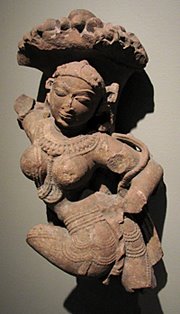“Modern theories about rational choice and information processing don’t adequately explain weakness of the will. The older metaphors about controlling animals work beautifully. The image that I came up with for myself, as I marveled at my weakness, was that I was a rider on the back of an elephant. I’m holding the reins in my hands, and by pulling one way or the other I can tell the elephant to turn, to stop, or to go. I can direct things, but only when the elephant doesn’t have desires of his own. When the elephant really wants to do something, I’m no match for him.” (p. 4)
“In sum, the rider is an advisor or servant; not a king, president, or charioteer with a firm grip on the reins. The rider is Gazzaniga’s interpreter module; it is conscious, controlled thought. The elephant, in contrast, is everything else. The elephant includes the gut feelings, visceral reactions, emotions, and intuitions that comprise much of the automatic system. The elephant and the rider each have their own intelligence, and when they work together well they enable the unique brilliance of human beings. But they don’t always work together well.” (p. 17)
“The elephant was shaped by natural selection to win at the game of life, and part of its strategy is to impress others, gain their admiration, and rise in relative rank. The elephant cares about prestige, not happiness, and it looks eternally to others to figure out what is prestigious. The elephant will pursue its evolutionary goals even when greater happiness can be found elsewhere. If everyone is chasing the same limited amount of prestige, then all are stuck in a zero-sum game, an eternal arms race, a world in which rising wealth does not bring rising happiness. The pursuit of luxury goods is a happiness trap; it is a dead end that people race toward in the mistaken belief that it will make them happy.” (p. 101)
— from The Happiness Hypothesis: Finding Modern Truth in Ancient Wisdom, by Jonathan Haidt
Wednesday, April 16, 2008
Subscribe to:
Post Comments (Atom)





No comments:
Post a Comment